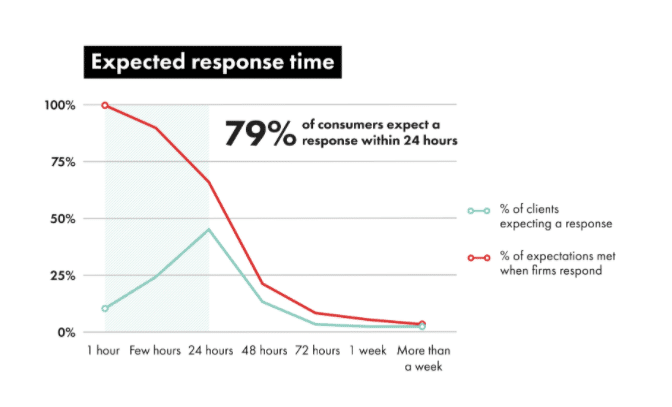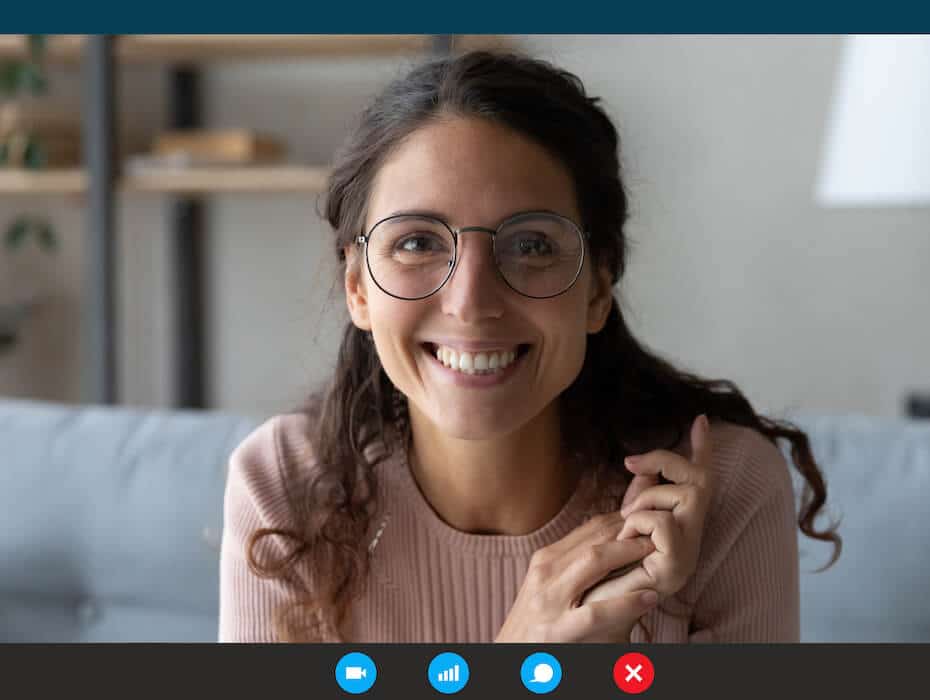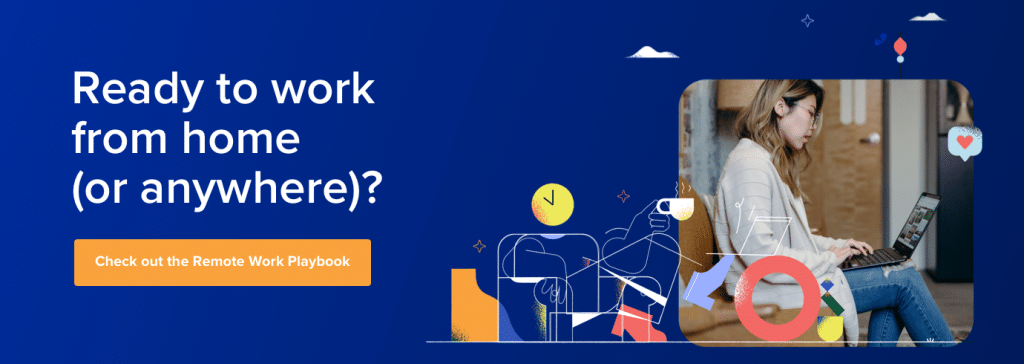When you run a legal practice, you have relationships. Not only with your clients, but also with your colleagues and other advisors….
How to make clients happy? Well, one way is to make it more convenient for them to communicate with you. Once upon a time, clients had to make the trek out to their lawyers’ offices every time they wanted to talk.
Now, not only can you get on a video call with a client and help them (and your team) save on commute time, you can also do things like interview key witnesses and undertake depositions no matter where you are.
There are two main types of relationships that are crucial for any attorney and legal practice: lawyer-client relationships and lawyer-lawyer relationships.
In this post, we’ll look at why video conferencing is important for maintaining and nurturing relationships with your clients as well as other attorneys.
See how these four law firms adapted their operations to work from anywhere—while still providing a great client experience. Download the free case study playbook!
How video conferencing improves attorney-client relations
Traditionally, attorneys and clients have always met either in person or talked on the phone when they needed to have a conversation.
Now, that’s starting to shift.
According to Clio’s Legal Trends report, clients are caring more and more about responsiveness and diverse online options when it comes to communicating with their attorneys.
In fact, 10% of respondents expected a response from their lawyers within an hour of sending an email or leaving a voicemail message. Twenty-four percent expected a response within a few hours, and 45% expected a response within 24 hours.
The real kicker? Only 5% of respondents said that they’d expect a response after 72 hours:


Basically, expectations are high.
While it may not be feasible for busy attorneys to meet with every client in person, it is possible to answer client questions and communicate with them efficiently over video conference calls.
To build strong client-attorney relationships, communication is key. Video conferencing is more convenient than meeting in person—and compared to a phone call, it gives you more layers of nuance and emotional cues for the conversation.
So, video conferencing lets you have face-to-face contact with clients and it’s great. But here’s the thing: you have to do it right.
Getting on that video conference call can’t be an overly complicated process for your clients. Otherwise, they won’t use this mode of communication. It should be as simple as you emailing them a link and they join your video conference call by clicking on that link (without having to download anything).
Of course, you should be able to have these video conference calls on a phone, tablet, or computer using the mobile app. For example, RingCentral Video is a video conferencing software that you can download from the App Store and use on a computer and phone:
If you could give your clients an easy way to feel connected to you and your team, such as by reading your body language and nonverbal cues, why wouldn’t you?
🕹️ Get a hands-on look at how top law firms are using RingCentral by booking a product tour:
💰 You can also use this calculator to see roughly how much your business could save by using RingCentral to support your team’s communications with both clients and each other.
How video conferencing improves lawyer-lawyer relationships
Video conferencing isn’t just good for attorney-client relationships—it’s useful for collaborating with other attorneys too.
For example, if you’re part of a law firm in New York that has offices in Los Angeles and Tokyo as well, you can easily have team meetings and work on cases together in real time. No flights, no long distance calls.
Again, certain video conferencing platforms like RingCentral Video will let you share files and annotate them live on a video call with other attorneys to make it easy for your team to brainstorm and collaborate as if everyone were in the same room:


👀 Find out how one law firm provides a 24/7 client experience—without being online 24/7.
Start using video conferencing to improve your legal relationships
How can you give your clients and other attorneys more options for getting answers fast? How can you let them reach you in minutes instead of days?
Video conferencing holds the key to many of the quickly changing expectations in legal practices. If you’re thinking about ways to improve your relationships with clients and other attorneys, learn about how legal practices are using RingCentral and take RingCentral Video for a spin.
Check out the story of how MHP&S Law is using RingCentral to offer better client service while working remotely. or listen to the episode on the podcast:
Originally published Apr 08, 2020, updated Jun 14, 2022






